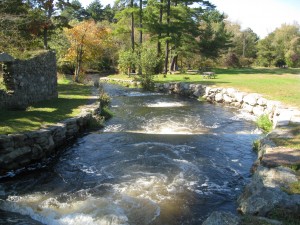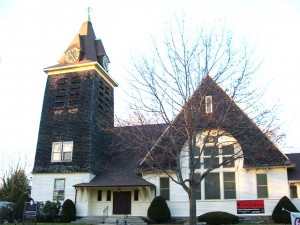
Getting information
The best place to get information about CPA if from the Community Preservation Coalition. Much of the information on this site comes from them. The full text of the CPA law can be seen there as well. Information about exemptions to the CPA surcharge are here and on the Middleboro town web site.
CPA in a nutshell
CPA allows communities to create a surcharge on real estate taxes of up to 3% per year. Middleboro is charging the lowest allowed level – 1% including a $100,00 exemption and allowances for low income and seniors with moderate income. Local money is matched by the state at some level. State money comes from fees assessed at the Registry of Deeds. In recent years the recession, declines in property values, and slump in the housing market has adversely affected the state match. Even with those negatives, the state match is around 50%.
Money raised in Middleboro – around $24 per year for the average home – goes in a special fund that can only be used for certain purposes:
- Purchase of open space
- Historic preservation
- Community housing
- Recreational assets uch as play grounds and sports fields
Open space, historic preservation, and housing each get 10% of the CPA funds. The remaining 70% can go to any of those uses or recreational projects.
Role of the Community Preservation Committee(CPC)
The local CPC consists of nine members. Five members are required by state law to represent the core interests of CPA. These five members are chosen by the following Middleboro departments and commissions:
- Conservation Commission
- Historic Commission
- Housing Authority
- Planning Department
- Parks Department
The remaining four at large members are appointed by a vote of the five required members and the Middleboro Board of Selectmen.
The local CPA committee reviews requests for CPA funds and recommends worthy projects to town meeting. Your CPA money can only be spent if approved by your vote at town meeting.
CPA history in Middleboro
